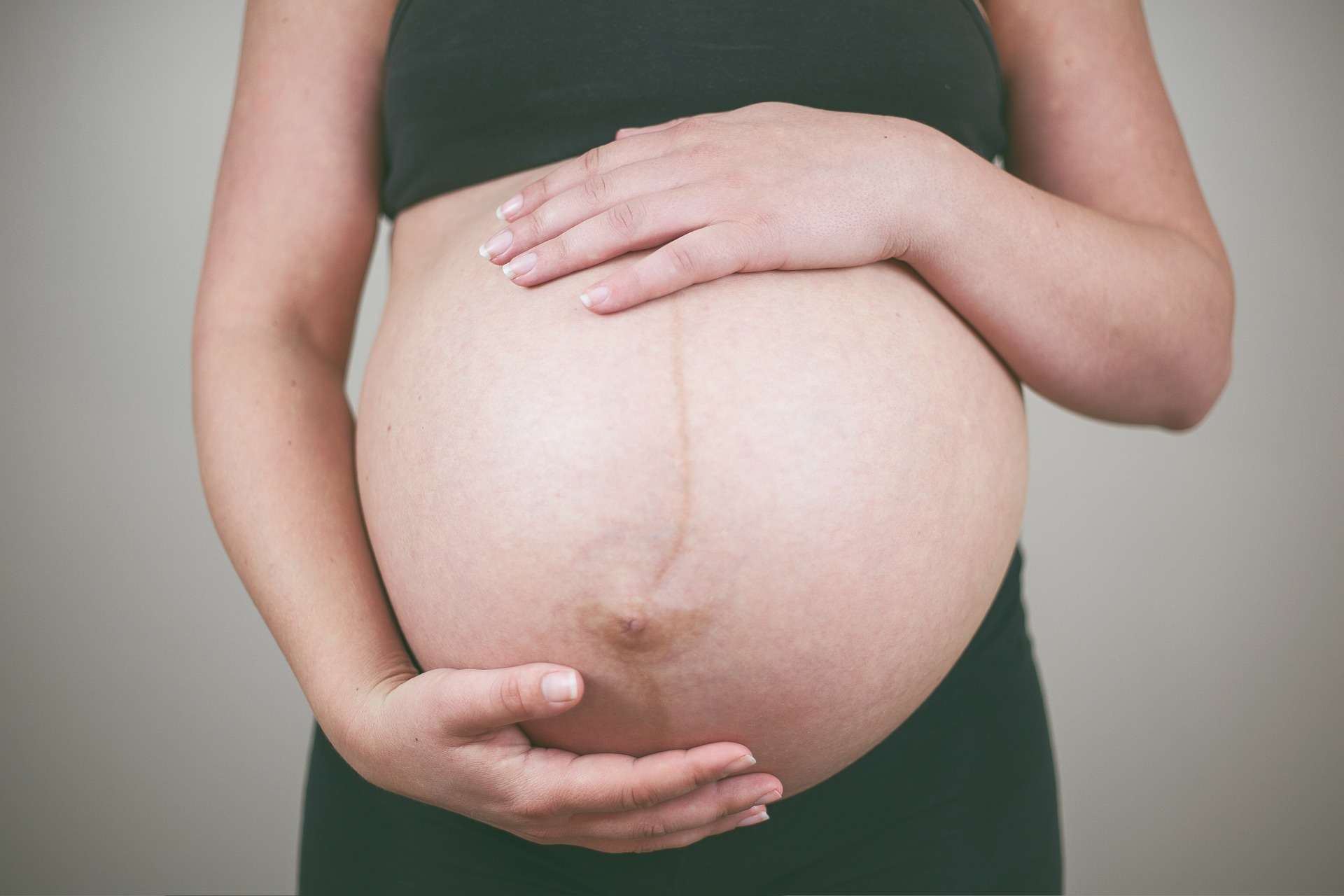Contents:
Medical Video: Male Infertility Expert Answers Common Questions
The biological clock of men is virtually unlimited. At the age of 70 or even 80 years, men can still and may have children. But at that age men need more time, years and not months, to be able to fertilize their partners.
Older, the longer the business. Opportunities to get a pregnancy that takes more than one year are as follows:
- Men under 25 years: around 8%
- Men over 35 years: around 15%
Age distance can also affect. With the assumption that regardless of the age of women, women have a smaller chance when their partners are 5 years older than when their partners have the same age.
Although rare, there are some health problems in children that are related to the age of the father who is too far away (too old when having children). These problems are as follows:
- Stunted growth (achondroplasia) or stunting. This is very rare indeed, only about 1 in 10,000 babies born with achondroplasia.
- Down's syndrome or Down Syndrome, a genetic condition that causes children to experience learning difficulties and some health problems.
- Schizophrenia, a long-term mental health problem.
Not all experts agree with this because some of the problems above may not be caused by father's age but due to other factors.
For example, schizophrenia can be caused by several problems such as family health history, lifestyle and social factors, drugs, victims bullying, or a child raised in a big city.
It is well known that women's age can affect the likelihood of children suffering from Down syndrome, but whether the age of men also affects it is still a debate among experts. The risk of children with Down syndrome is found to be highest when the age of both parents is over 35 years.












